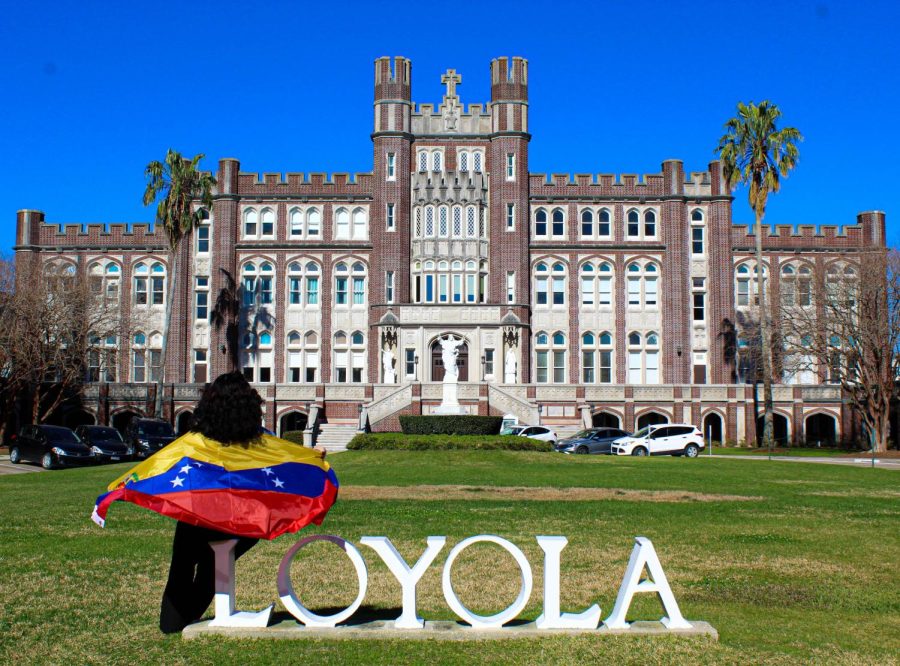OPINION: First-generation students need support
March 24, 2022
Growing up in a low-income, Latine household with two divorced parents who didn’t go to college was definitely not an easy experience.
To clarify, my parents didn’t choose not to go to college; it was chosen for them. My family is from Venezuela, but my mom moved us to the United States because she wanted me and my little brother to experience the “American dream.”
The concept of college was shoved down my throat throughout grade school, but I would constantly think to myself, “Do I even want to go to college?”
Those thoughts honestly made me feel terrible because I knew that all my parents wanted for me was to have a good education and opportunities that they never got. It broke my heart to see my parents so enthusiastic about my chance to get a college education while I was secretly dreading everything about it.
I hadn’t a single thought of what I wanted to major in, let alone which college I wanted to go to, but I sucked it up and applied everywhere I could. The college application process was probably one of the most mentally draining things I’ve ever done.
My parents knew nothing about the process of applying to college, and they did all they could, but having to search “how to apply to college” and “how to write a college essay” on YouTube was definitely a humbling experience as a senior in high school.
I remember being jealous of my classmates who would call their parents to ask them questions about their applications. It was such a weird loneliness that I’d never felt in my life, and I was too ashamed to ask for help.
But despite the obstacles I had to overcome, I was accepted to Loyola with a good scholarship, and my parents were ecstatic. They bragged about me on Facebook, on phone calls, and at their jobs to anyone who would listen.
“My daughter is a freshman at Loyola University New Orleans,” was shouted in our home daily.
Still, I felt uneasy and didn’t understand what I had gotten myself into. I told myself that once I had gotten to campus and went to my classes that uneasy feeling would disappear.
Except, it didn’t.
The first few weeks felt like I was walking around campus with a blindfold on, not knowing where to go or what to do next.
It took a while for that feeling to go away and to get a serious handle on things, especially with little to no help. I’m in my second semester of my freshman year, and I still struggle with it
Fees, textbooks, financial aid, and effective studying habits are just a few of the things I still haven’t figured out since being on campus— not to mention the day-to-day anxiety that comes with coming from a low-income background and not knowing if I can even afford the textbooks for next semester’s classes.
I’ve managed to keep steady grades, and I’m slowly getting the hang of things like registering for classes and sending professional emails.
But for me and other first-generation students, it’s a daily struggle that feels never-ending, even with the resources offered on campus.
Being the first person to go to college in your family is such a heavy burden to carry. It feels like you have to be the one to set an example for everyone, and there’s no room for you to fail or fall behind.
First-generation students don’t get the praise or acknowledgement we deserve, and we get swept to the side because we already accomplished the “most important part” which is just getting into college; what happens to us after never really gets talked about.
But when that weird loneliness starts to creep back in, and it feels like the blindfold is slowly draping back down my face, I have to remind myself that being a successful first-generation student is no small feat, and the only thing I can do is continue to move forward.
I’m proud to be a first-generation student, and I admire students like me because we are more than just getting into college.







